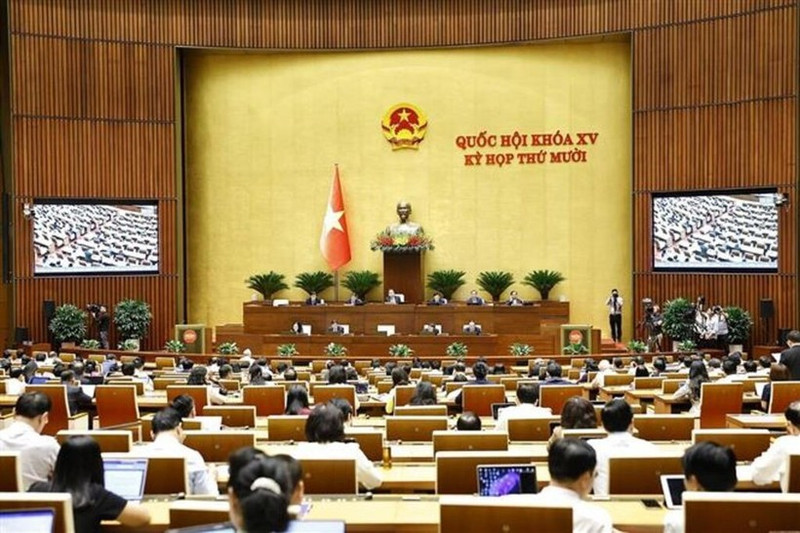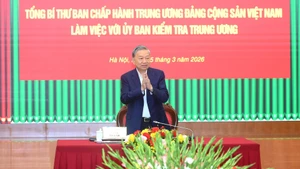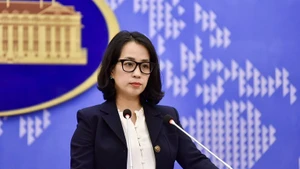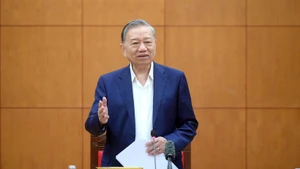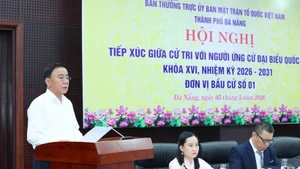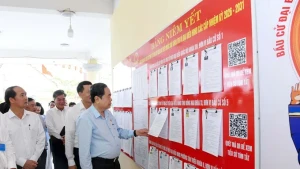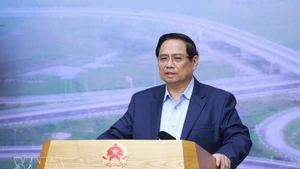The lawmakers made their suggestions at the legislature's sitting on October 29 within the framework of the 15th NA’s 10th plenary session.
Discussing the results of implementing the two-tier local administration model, deputy Mai Van Hai from Thanh Hoa province noted that this is a comprehensive and wide-reaching reform, carried out with determination and flexibility. After nearly four months of operation, the model has generally functioned smoothly, facilitating administrative procedures for citizens and businesses, while promoting socio-economic development and ensuring national security at the grassroots level.
However, there are still issues with an imbalance in staffing, especially in some mountainous, border, and remote areas, where there is a lack of qualified professionals in fields like land management, construction, accounting, and information technology (IT). The capacity of some civil servants does not meet the requirements of their tasks. While the workload is heavy and the pressure is high, the policies and benefits for these civil servants have not been adequately improved, said Hai.
Sharing the same view, deputy Duong Van Phuoc from Da Nang city assessed that commune-level civil servants are facing immense pressure, as they have to work 2-3 times harder, yet their policies and benefits remain unchanged and very low, failing to encourage or motivate them to stay committed to their jobs.
He proposed the government quickly issue additional guidelines, amend and supplement overlapping regulations, and establish a clear decentralisation and delegation of authority to allow localities more autonomy in carrying out their tasks. Additionally, continued investment is needed to upgrade infrastructure, IT systems, and digital transformation in administrative management at the grassroots level, especially in remote, border, and island areas.
The Ministry of Home Affairs should promptly survey and develop job positions and a minimum staffing framework as a basis for determining the staffing levels at the commune level. It should also advise the Government to issue appropriate salary mechanisms to encourage local civil servants to stay committed to their jobs and attract staff to serve in difficult areas. Additionally, professional training and development for civil servants based on their job positions should be prioritised, Phuoc noted.
Deputy Tran Quoc Tuan from Vinh Long province stressed that the actual income of civil servants, officials, and public employees is significantly affected by the lack of adjustment in the basic salary level, while the cost of living and travel expenses have increased following the restructuring of the local administration system.
Believing that improving the living standards of officials and civil servants is improving the quality of the apparatus, Tuan proposed the National Assembly and the Government consider adjusting the basic salary increase starting from January 1, 2026, rather than waiting until mid-year as in previous phases.
The current basic salary of 2.34 million VND (88.8 USD) per month has been applied since July 1, 2024.
